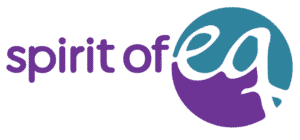Introduction
In high-stakes executive environments, team health hinges on more than strategy—it’s about fostering emotional intelligence (EQ) to enhance communication, leadership, and external connections. This case study showcases how Spirit of EQ’s tailored program revitalized a C-suite leadership team, comprising a senior executive and their 8 direct reports, at a high-growth technology company. Facing silos, strained dynamics, and suboptimal client engagement, the team embraced EQ training to build resilience and cohesion. Backed by data from peer-reviewed studies and observational outcomes, this narrative illustrates the program’s background, solutions, and transformative results, positioning EQ as essential for executive excellence.
Background Story
A high-growth global retailer grappled with internal disconnects in its C-suite, where rapid expansion amplified communication gaps and leadership silos. The senior leader, overseeing 8 direct reports responsible for key operations, recognized that technical acumen alone couldn’t sustain performance. Inspired by research linking high EQ to superior leadership outcomes—such as 90% of top performers exhibiting strong emotional skills—the executive partnered with Spirit of EQ in early 2022, through 2023. The premise: EQ would bolster team health by improving internal dialogue, empathetic leadership, and rapport with stakeholders outside the executive circle, including employees and clients. This initiative aligned with broader findings that EQ-driven teams experience 20% higher performance metrics and enhanced collaboration.



